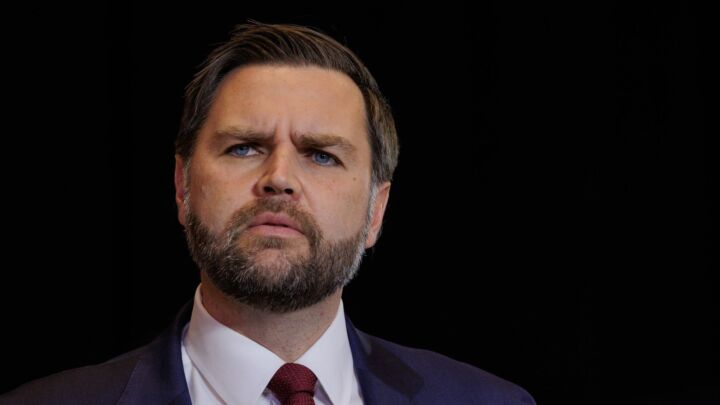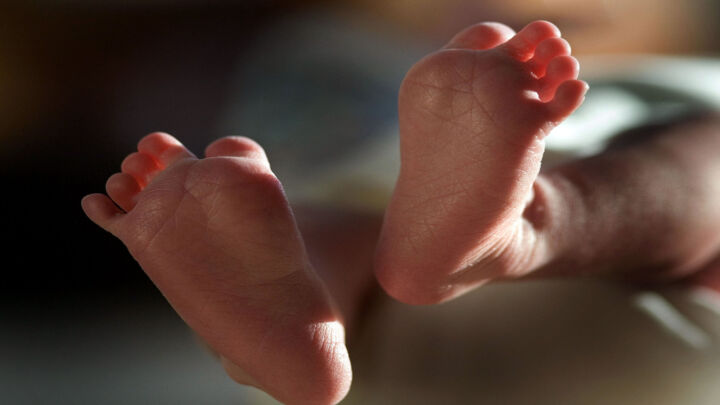Child protection makes suspects of us all

Want unlimited, ad-free access? Become a spiked supporter.
Once, children had to be accompanied by adults to attend certain events. Now, in a bizarre turn of events, it seems the opposite is true.
There has been outcry in the British press this week after a man was not allowed into a theme park in Somerset in the south-west of England because he was not accompanied by a child. Matthew Richards, 54, visited Puxton Park in order to watch a falconry display, but was turned away on ‘child-protection grounds’. Alistair Mead, the park’s managing director, justified the decision by stating that ‘there is a lot in the headlines about paedophiles and things that are going on with children’. Mead claims he has been ‘forced to implement stringent child-protection policies’ because of ‘the society in which we live’.
The rule was allegedly brought in after it emerged that former mayor of Weston-super-Mare, Philip Judd, who was convicted of possession of child pornography last month, had once visited the park. (There has been no suggestion that Judd molested any children while he was there.)
This incident has sparked an understandable backlash in the press, but what’s not being reported is that child-protection rules such as this have existed in public parks for many years – and have been met with little protest. Shortly after I moved to the UK, I was out strolling in a central London park when, unaware of quite how frenzied and unhinged the paedo-panic was in England, I naively stepped into a public playground and took a seat on a bench. I was instantly rounded on by several mothers, demanding to know what I thought I was doing, while pointing to a sign that barred anyone without children from entering the playground. Several people have told me of similarly embarrassing experiences.
I was made to feel like a nonce. Big deal, some might say; it’s all in the name of keeping the kids safe, right? But the fact remains that children playing in parks are in very little danger in the first place. The idea that paedophiles are prowling the nation’s parks looking for some action is exaggerated or, dare I say it, simply untrue. The fact that playgrounds are usually busy places, full of children and their parents, would surely act as a strong deterrent to any would-be sex criminal.
The stranger-danger panic is nothing new, but it has now reached such a pitch that adults cannot even be in the vicinity of someone else’s children without having to explain themselves. Banning lone adults from what are supposed to be public places is just the logical extension of the child-protection panic and the state-led regulation of adult-child relationships. In Britain today, even those who have good reason to be around children are immediately treated as suspect. Adults who want to work with children have to submit to Disclosure and Barring Service (DBS) checks (aka CRB checks) before they are given clearance. And, in Scotland, the SNP-led government has introduced ‘named persons’ – a state-allocated official – to monitor the welfare of every single child, in an effort to protect children from their own parents.
Far from protecting children, UK child-protection law puts them in more danger. The culture of mistrust these regulations have created means adults are now apprehensive about approaching children – even when they seem to be in danger. In August, the NSPCC, an organisation that has been at the centre of whipping up child-abuse panics in recent years, published a study that lamented that two thirds of adults would now hesitate before helping a lost child, for fear of having accusations of child abuse levelled at them. Now that is truly frightening.
£1 a month for 3 months
You’ve hit your monthly free article limit.
Support spiked and get unlimited access.
Support spiked – £1 a month for 3 months
spiked is funded by readers like you. Only 0.1% of regular readers currently support us. If just 1% did, we could grow our team and step up the fight for free speech and democracy.
Become a spiked supporter and enjoy unlimited, ad-free access, bonus content and exclusive events – while helping to keep independent journalism alive.
———————————————————————————————————————————–
Exclusive January offer: join today for £1 a month for 3 months. Then £5 a month, cancel anytime.
———————————————————————————————————————————–
Monthly support makes the biggest difference. Thank you.








Comments
Want to join the conversation?
Only spiked supporters and patrons, who donate regularly to us, can comment on our articles.